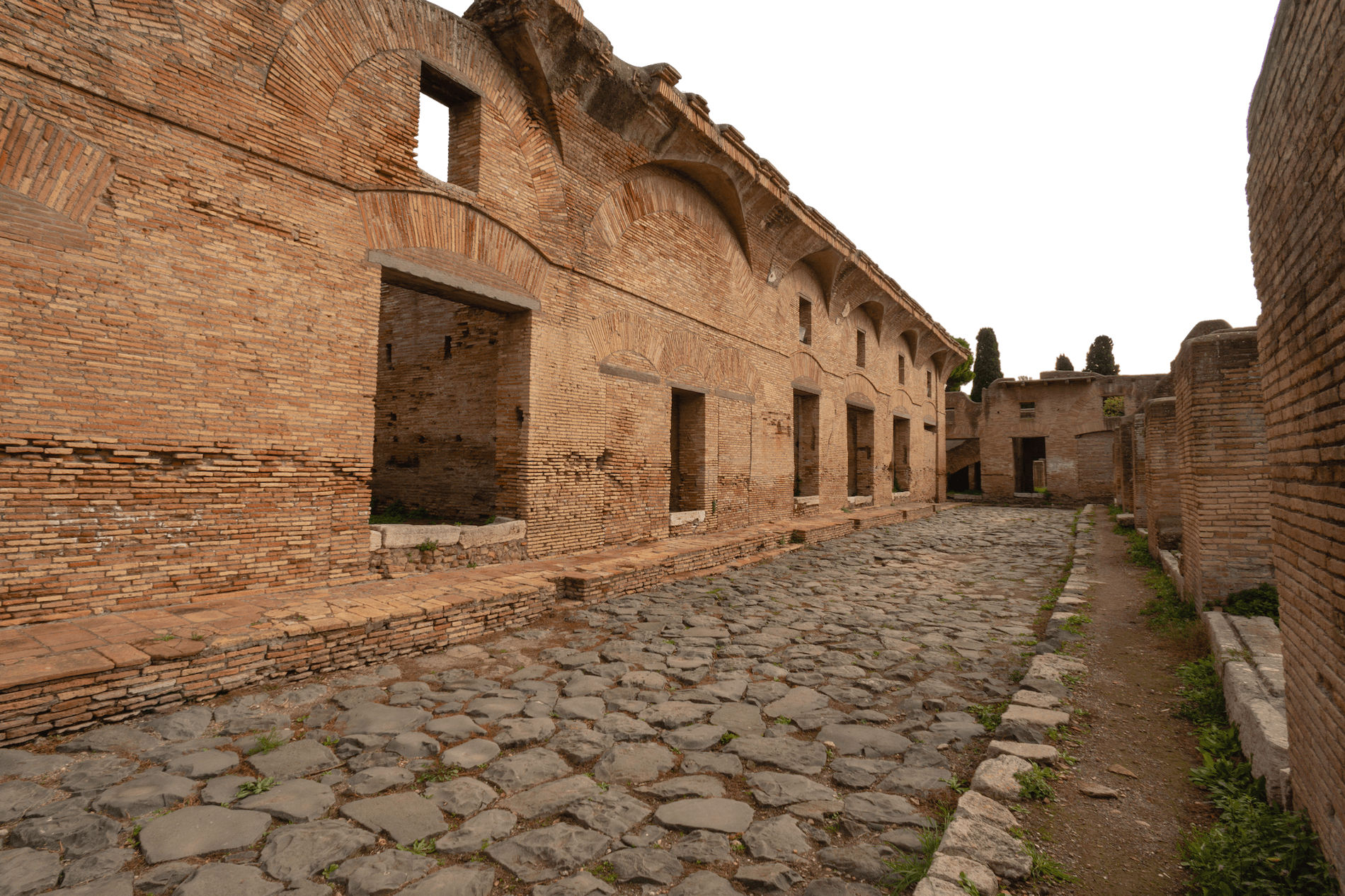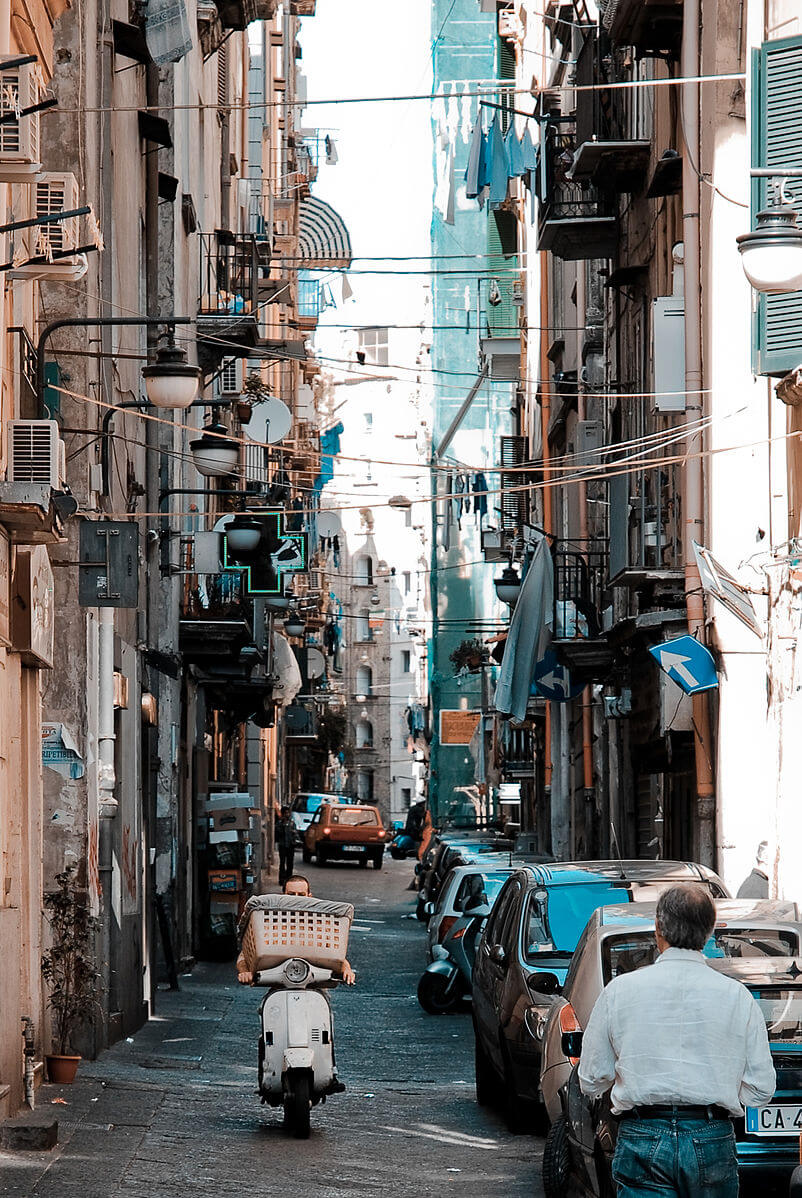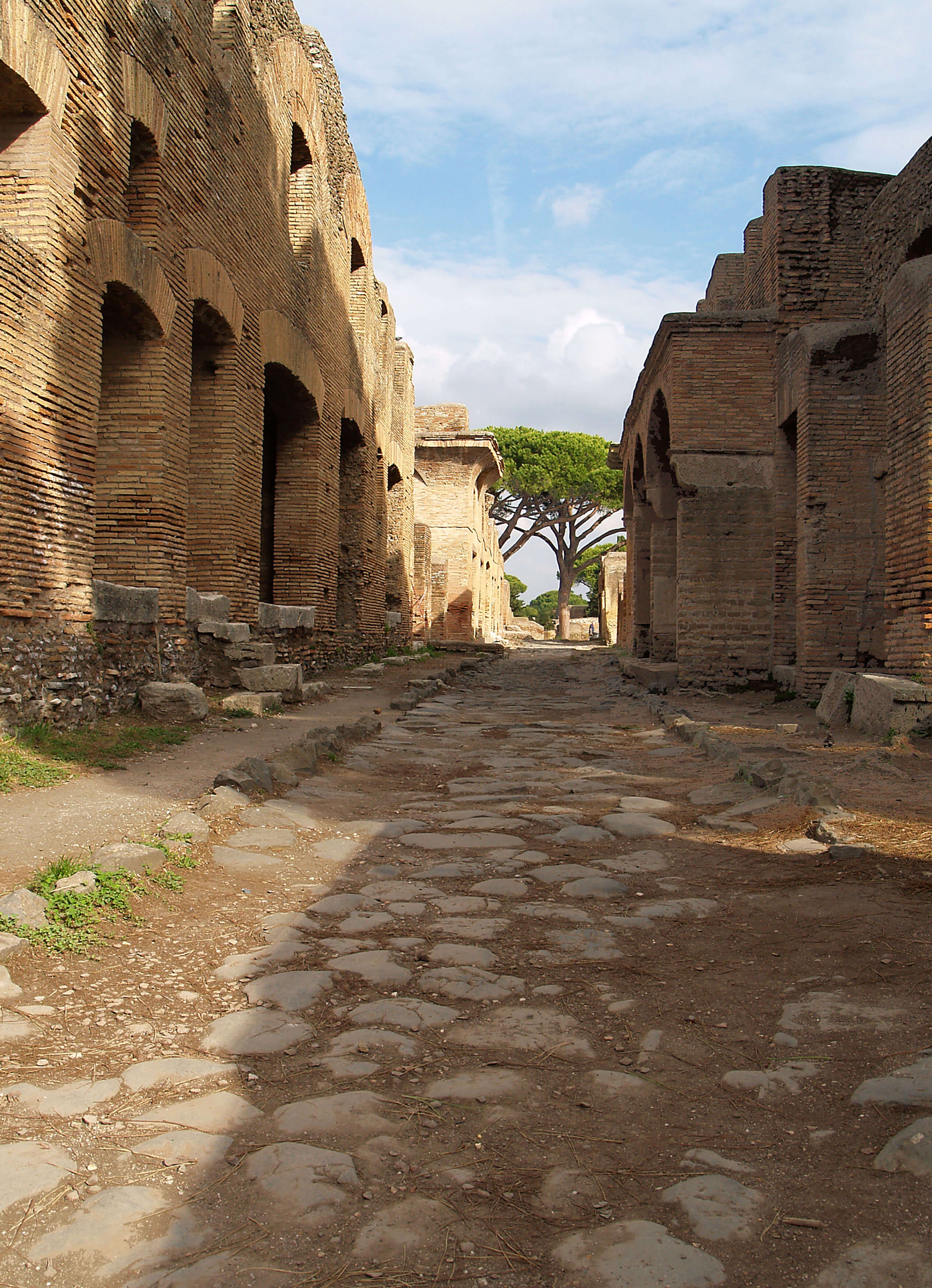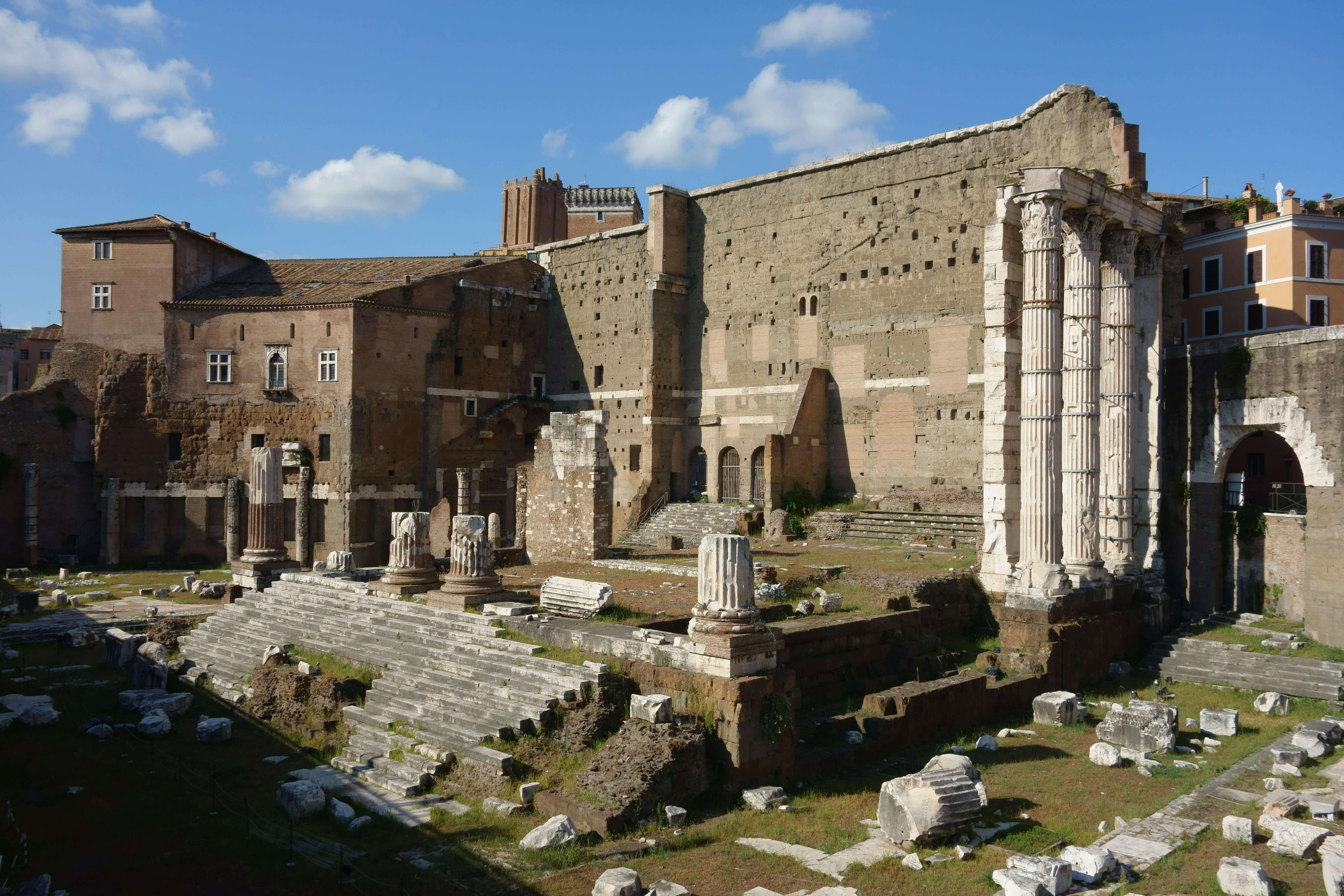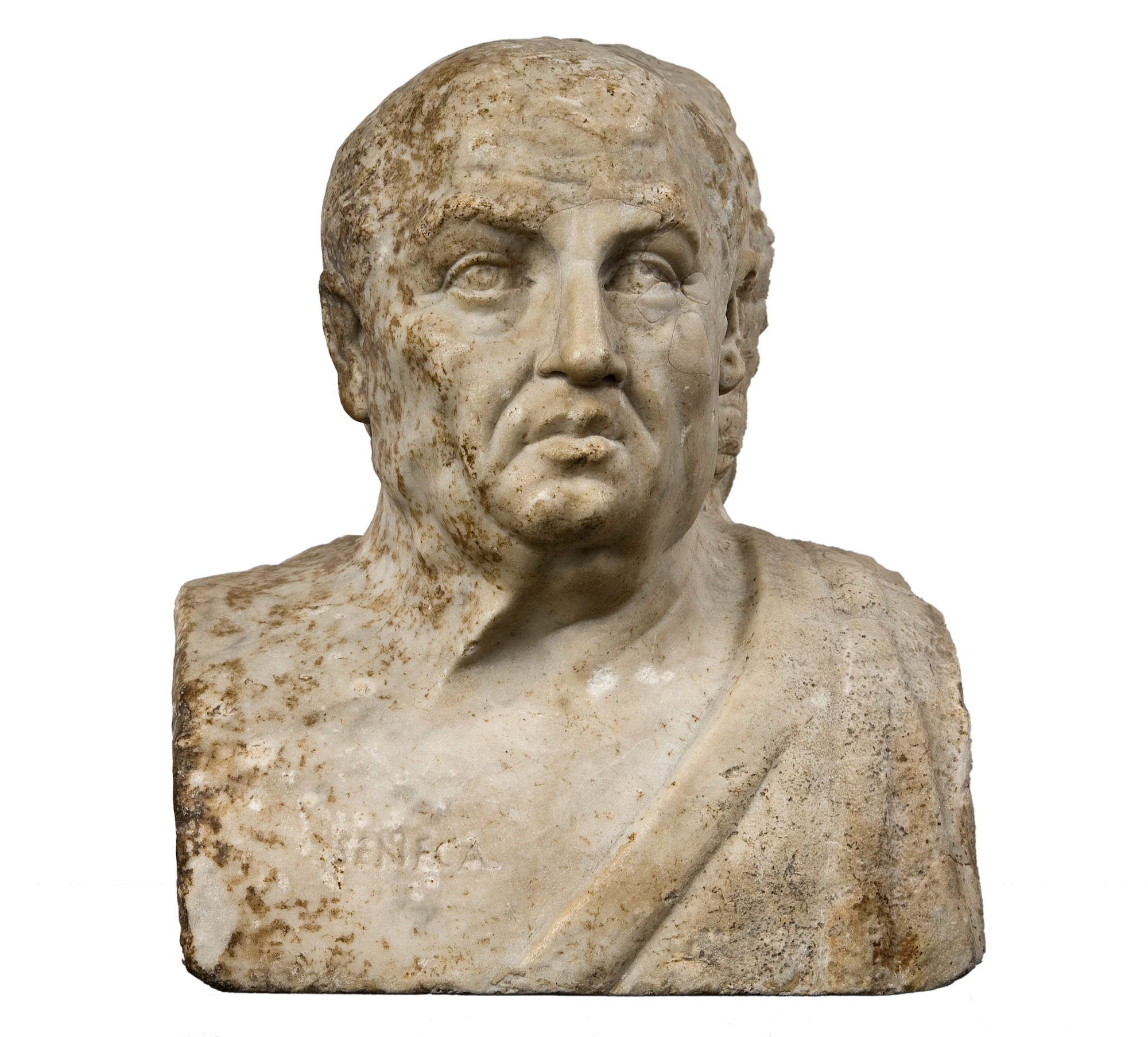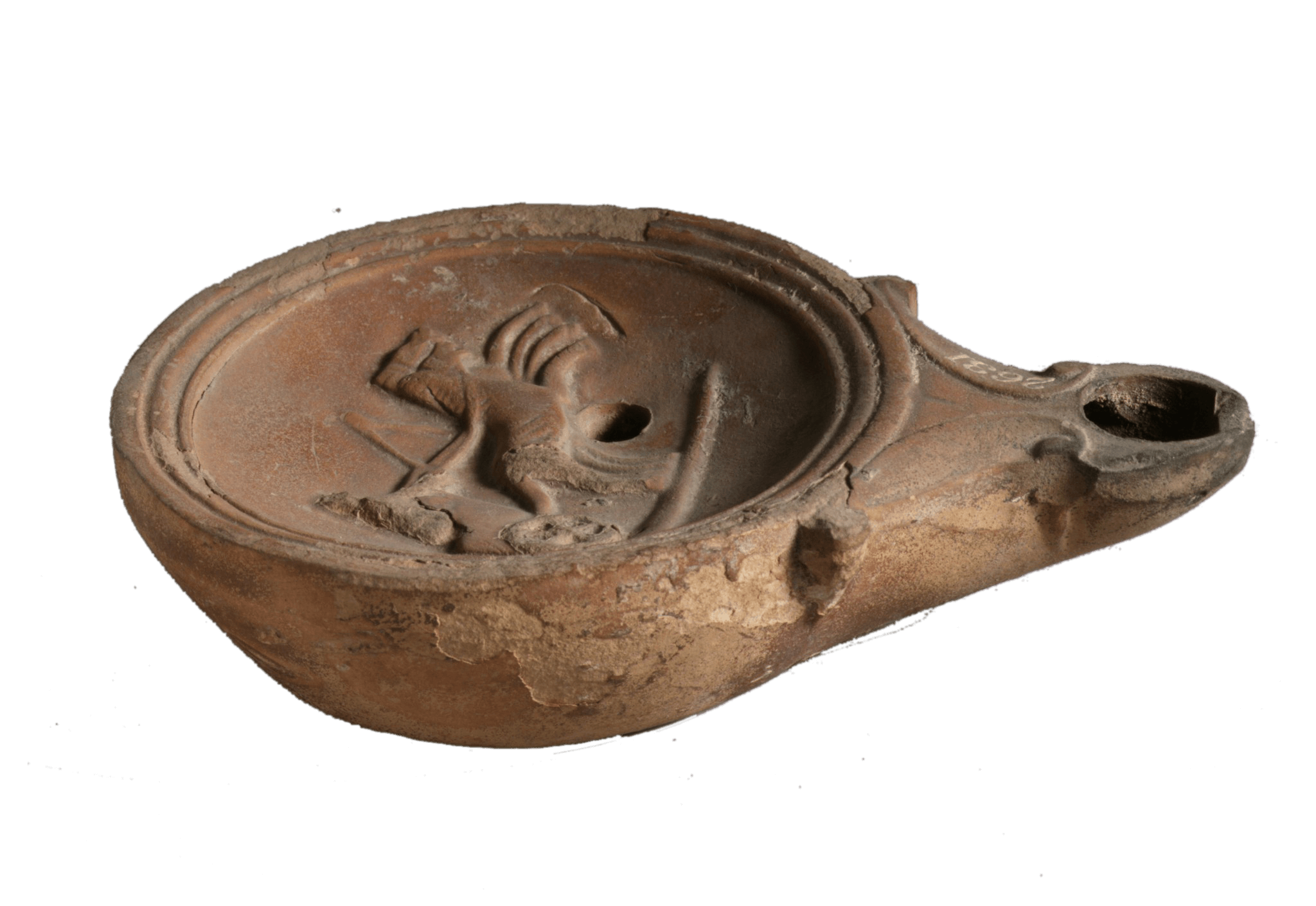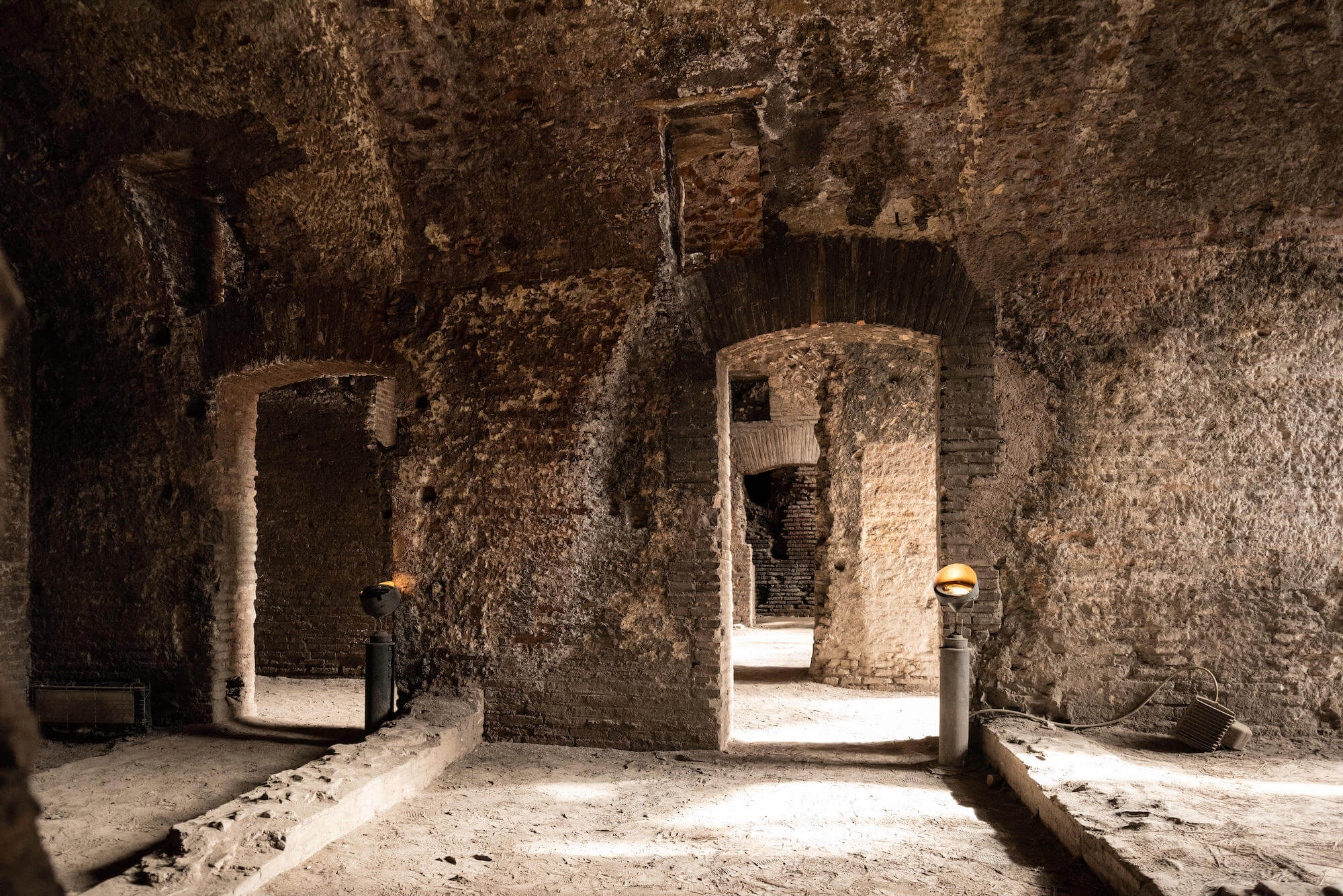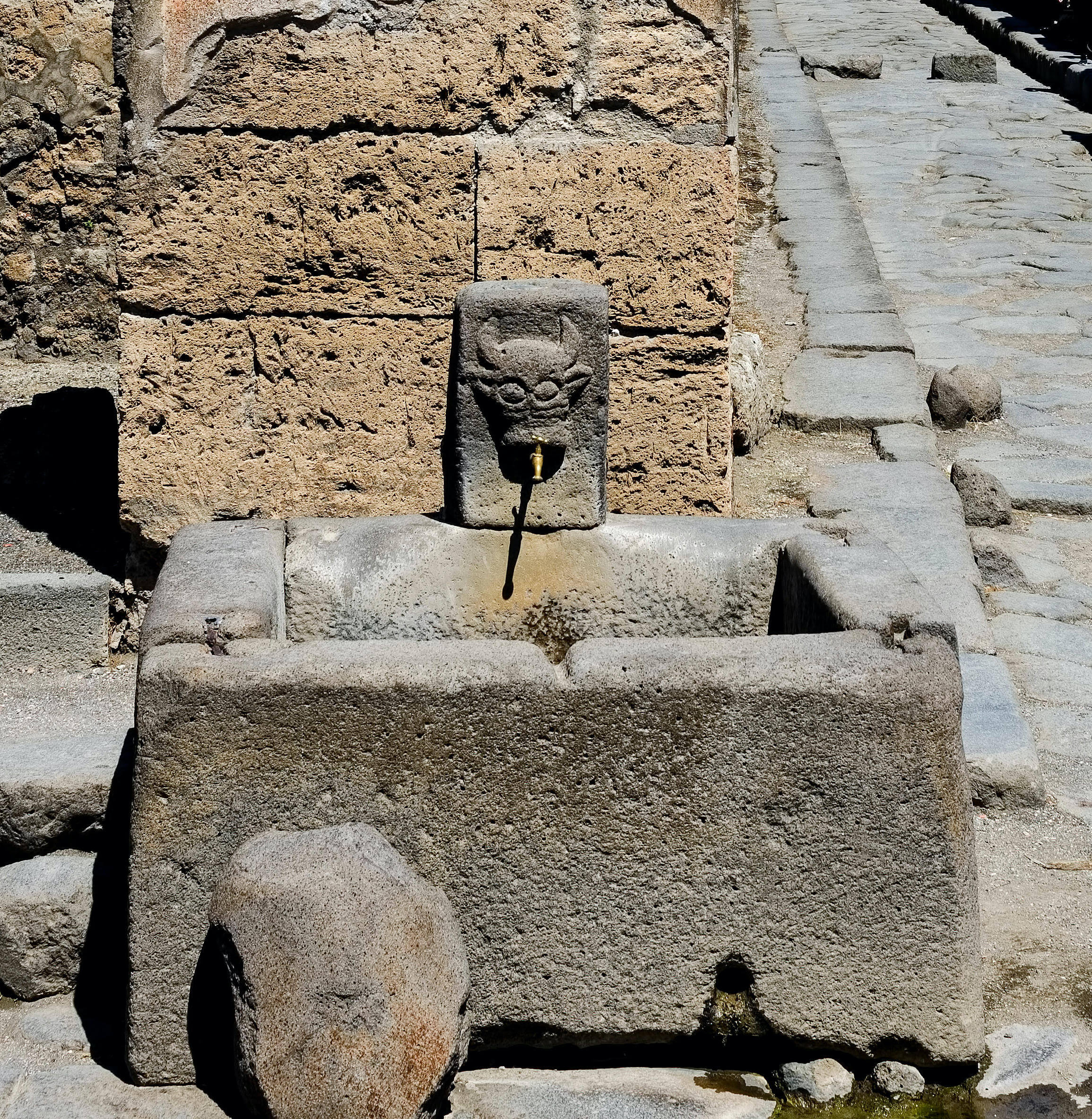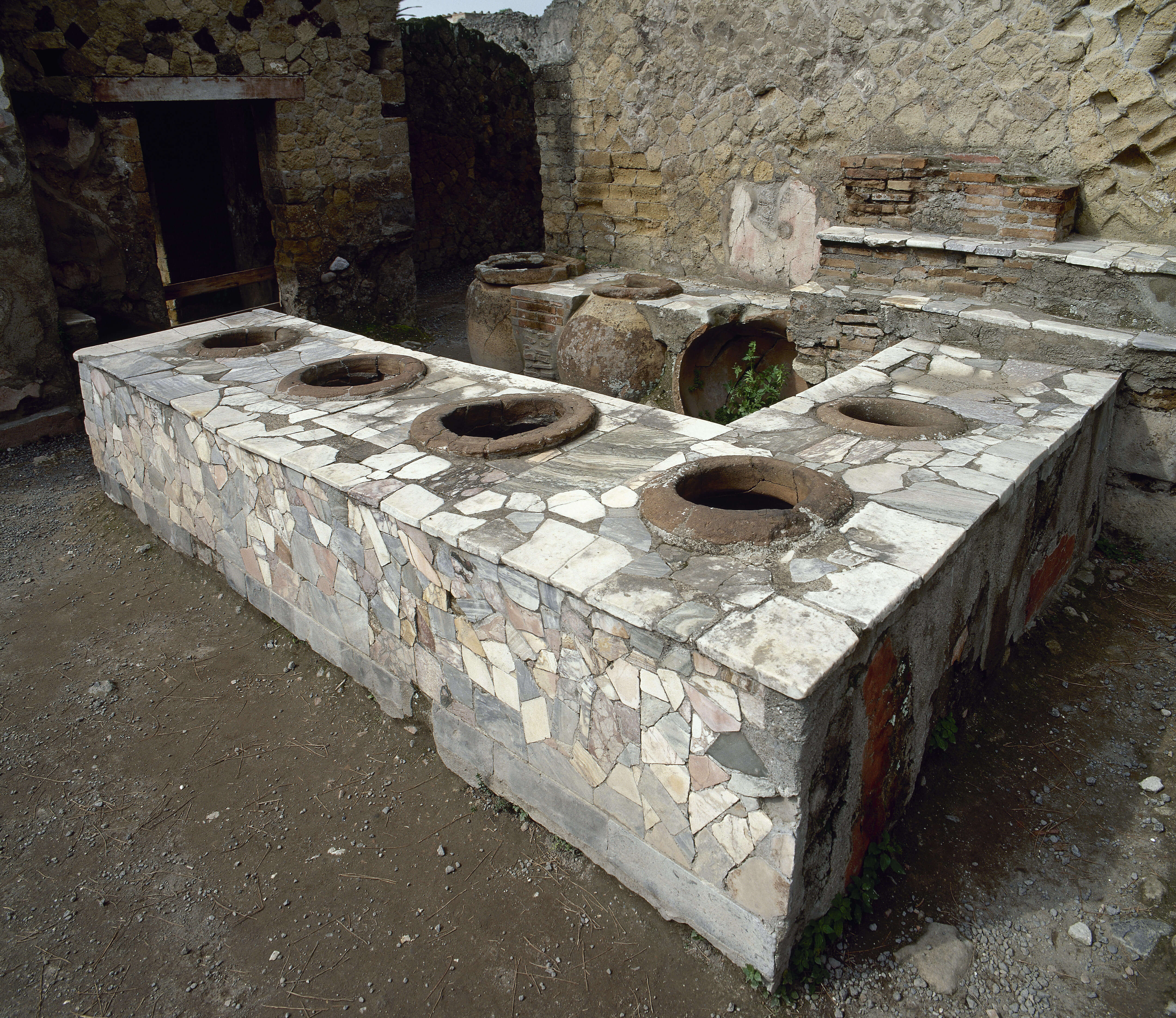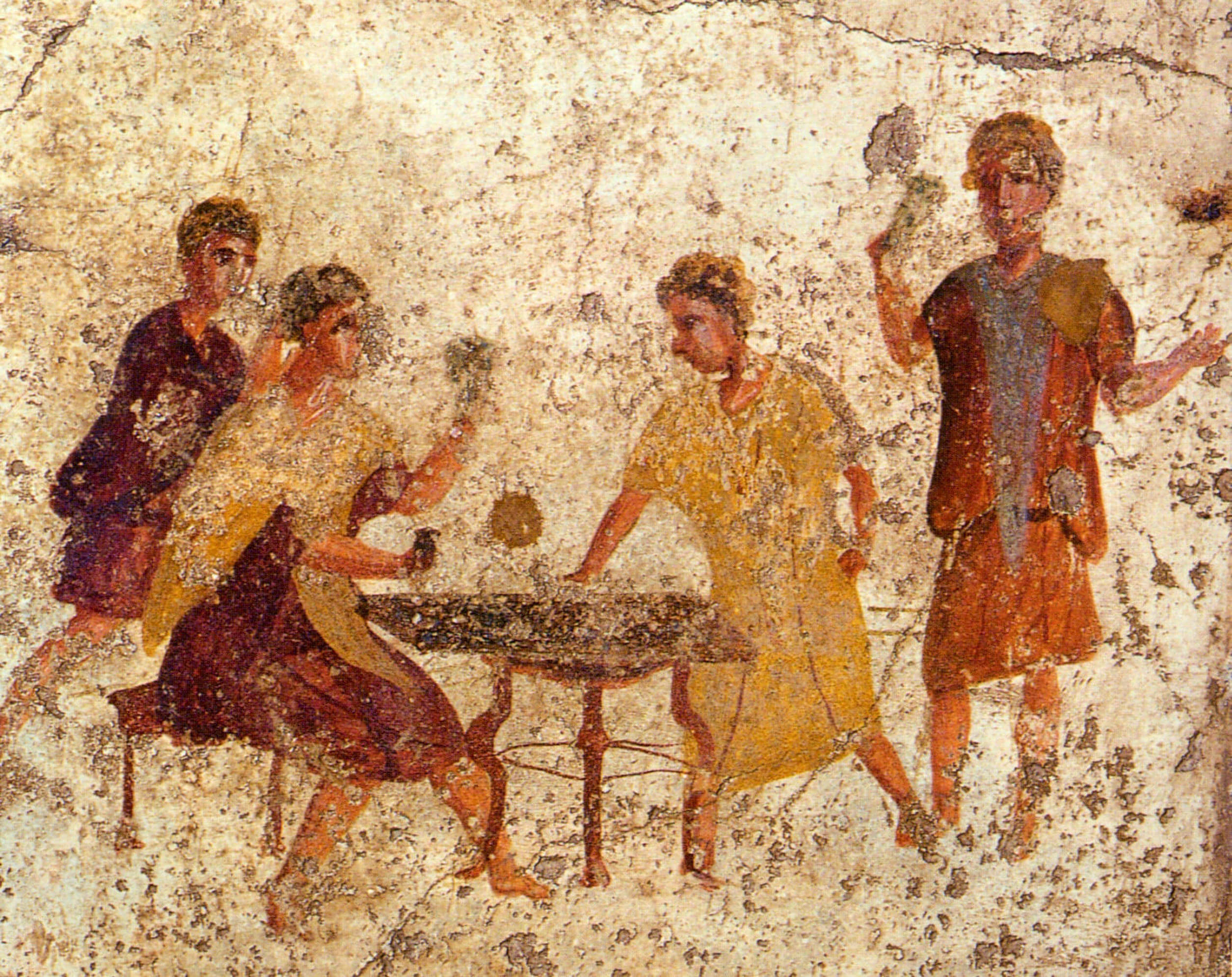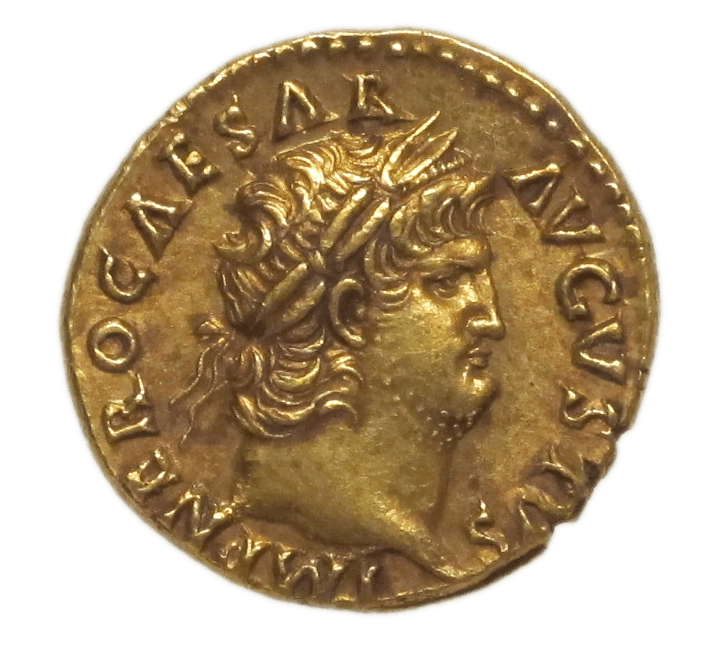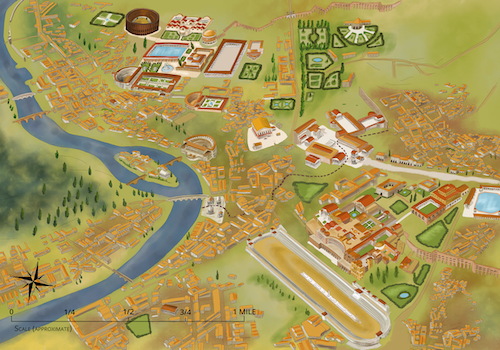
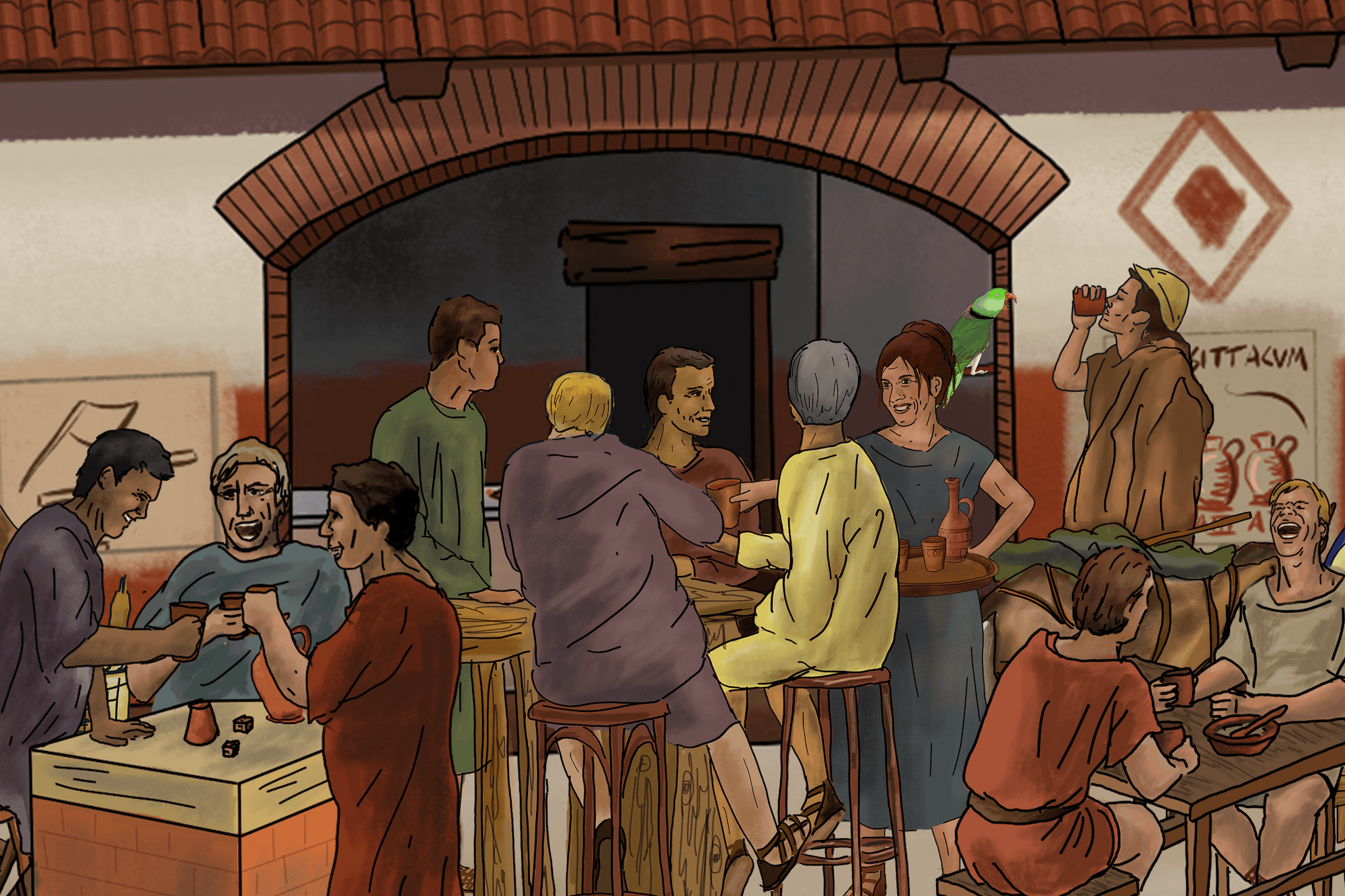
CHAPTER 1 PDF
To see the digital edition of Suburani, click 'Open the Activebook' above, and try the Weblinks and other online support below.
We have also included a PDF of Chapter 1 of the textbook here for review. However, please note that PDFs of the chapters are not normally available online - the digital edition comprises the Activebook (above) and the further support (such as Weblinks, Image Gallery, etc.) below.
WEBLINKS
IMAGE GALLERY
ACTIVITIES AND GAMES
Autograded translations
Autograded translation:
Language practice
Chpt 1, Ex. 1 (1.1)
Autograded translation:
Language practice
Chpt 1, Ex. 2 (1.2)
Autograded translation:
Language practice
Chpt 1, Ex. 3 (1.3)
Sorting
Vocabulary
Audio
REFERENCE
DICTIONARY
Latin to English
dictionary
How to use the
dictionary
Latin to English
dictionary
English to Latin
dictionary
TEACHER RESOURCES (HANDS UP)
TEACHING NOTES
STORIES - SABINA
Story text:
Sabina
Full vocabulary:
Sabina
Rearrange the story:
Sabina
STORIES - LUCILIUS
Story text:
Lucilius
Full vocabulary:
Lucilius
Rearrange the story:
Lucilius
STORIES - NOX
Story text:
nox
Full vocabulary:
nox
Rearrange the story:
nox
LANGUAGE PRACTICE
ADDITIONAL LANGUAGE NOTES
ENGLISH TO LATIN
DERIVATIONS
CIVILIZATION, HISTORY, AND MYTHOLOGY
ASSESSMENT
An assessment is provided for every chapter, consisting of a new Latin story followed by comprehension questions and a short translation, totalling 50 marks. There is also a short grammar assessment totalling 10 marks. Students are expected to know the vocabulary listed in the chapter learning lists (other vocabulary is provided). To maintain the integrity of the assessments, they are not reproduced here.

